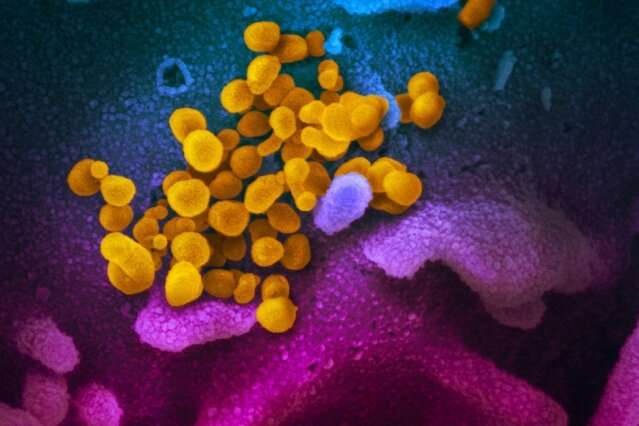Spanish Roma, COVID-19 and the inequities of a pandemic

New research led by the University of St Andrews (United Kingdom) in collaboration with the University of Alicante, highlights that the Spanish Roma (Gitano) community suffer disproportionate socio-economic and health factors that make them extremely vulnerable during the current pandemic.
The research, led by social anthropologist Dr. Paloma Gay y Blasco from the School of Philosophical, Anthropological and Film Studies and Maria Félix Rodriguez Camacho, Ph.D. student from the University of Alicante Faculty of Health Sciences and health manager of regional federation of Roma associations (FAGA) warns that Roma, one of the most marginalised and poorest minorities in Europe, with the poorest health and lowest life expectancy, are likely to suffer the impact of coronavirus in extreme ways.
Spanish Gitanos, like Roma elsewhere in Europe, have entered the pandemic from an exceptionally disadvantaged position. The study reveals that more than 80% of Roma people live in poverty, with almost 50% having a monthly income of less than €310. They also experience greater levels of COPD, obesity and diabetes, and they are more likely to suffer serious health conditions which may impact whether individuals survive COVID-19.
According to the authors. sub-standard housing conditions in inner-city areas or in slums, residential segregation in purpose-built ghettos, and overcrowding all affect the Gitano community disproportionally. More than 60% of these people live in multi-generational households, with two or more related nuclear families living together in small flats, which makes the avoidance of contagion through self-isolation extremely difficult. Additionally, almost 44% of Roma men and 27% of Roma women earn their income through street vending, either in open-air markets or on foot. The compulsory quarantine makes it impossible for large numbers of Gitano families to earn a living. Also, many Gitano families have poor access to the limited financial aid the Spanish government is providing for the self-employed.
All these factors combined place large sectors of the Roma community in a highly vulnerable situation. According to a statement issued by the European Foundation for Roma People on 24 March 2020, approximately 47,000 people lack basic food or supplies necessary for survival. Qualitative data gathered by Dr. Gay y Blasco and Ms Rodriguez Camacho also reveals the desperate conditions that many of these families are facing.
The experts also highlights the negative stereotyping of the Gitano community in some sectors of the media, which treat them as disorderly outsiders to Spanish society, unfairly portraying them as less willing to adhere to government policies and to the enforced lockdown imposed to combat the pandemic.
NGOs and some governmental bodies have redistributed their resources to assist them. Yet the authors warn that without quick, decisive and inclusive action by local and national state institutions these initiatives will be insufficient. This action must be taken and the suffering that so many Gitano families are undergoing must not, once again, be treated as an 'unfortunate given' rather than an intolerable failure."
Provided by Asociacion RUVID





















